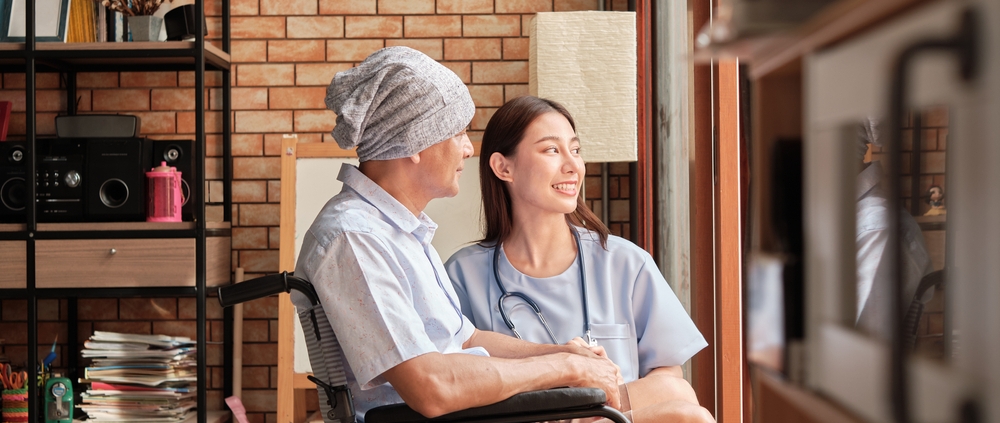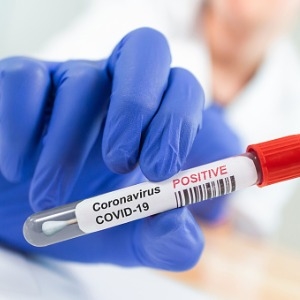Cancer Survivor Kit
A Cancer survivor starts a new chapter in their life when cancer treatment is over, one that may bring them optimism and happiness but also worry and anxiety. Every person is unique. Every person deals with their emotions and learns to control them in their own unique way. It will need effort over time. You’ll undoubtedly worry that the cancer may return, and you might even start to consider passing away. Cancer survivors frequently have cancer recurrence worry, which can occasionally be extremely acute.
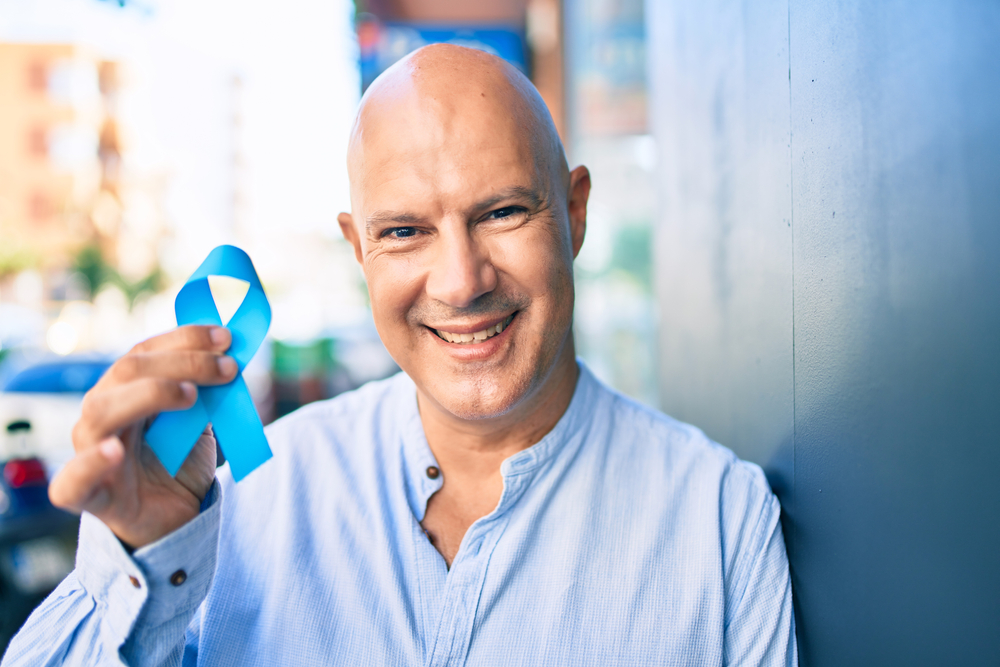
Perhaps you are more conscious of how the disease has affected your relationships with family, friends, and coworkers. You could reevaluate your interactions with individuals close to you. Unexpected problems might also be problematic. For example, you can be under stress due to financial worries brought on by your therapy. After treatment, you could visit your medical team less frequently and have more free time. You could feel nervous about any of these things.
Cancer Survivor Support:

Some people are more equipped than others for life after cancer. However, assistance and encouragement from others, including friends and family, cults, support networks, trained counsellors, and others, may be helpful to everyone. Therefore, the first step to your complete healing is understanding your feelings.
Your New Normal:
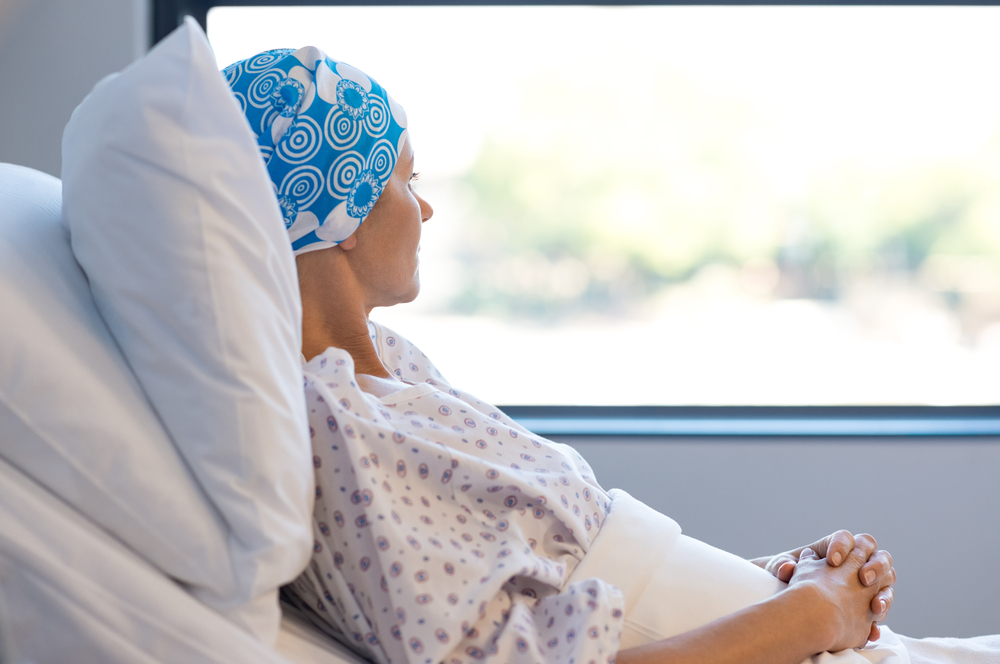
For cancer survivors, what you’re experiencing right now is normal. Healing your mind is equally as important as your physical body after recovering from cancer treatment. Give yourself some time to reflect on your current feelings of dread, sadness, and loneliness. Then, take action to comprehend the reasons behind your emotions and what you can do to manage them.
Cancer survivor – Fear of recurrence:
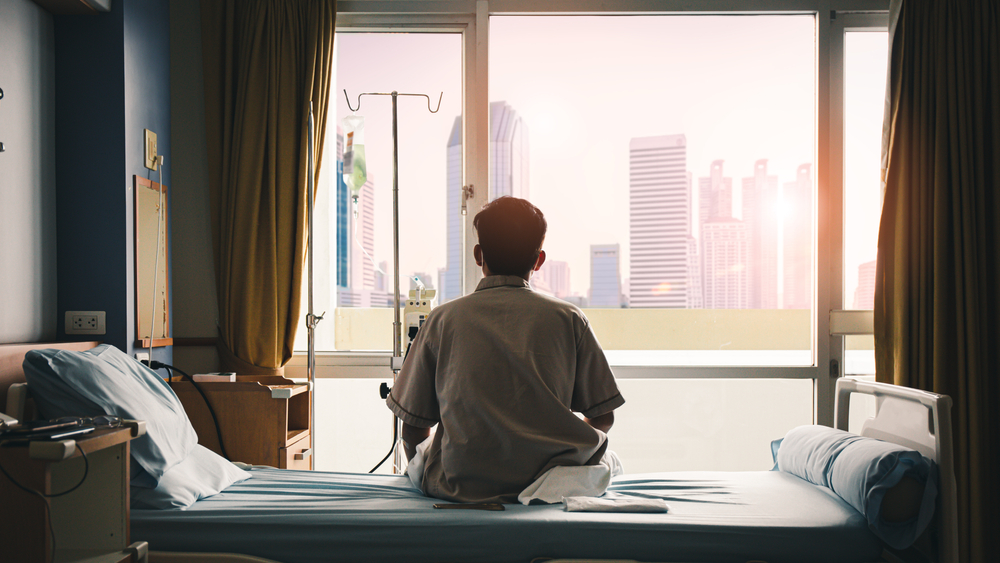
Survivors of cancer frequently experience fear of recurrence. Cancer survivors claim that even though they may go years without showing any symptoms of the disease, the worry of a return never leaves them. You could be concerned that every discomfort is an indication that your cancer will return. These worries will eventually subside, though they might never totally go.
Being open with yourself about your emotions will help you overcome your fear. Attempt not to suppress your emotions or feel bad about them in the expectation that they will go away. Consult your physician for advice on how to lower your risk of developing cancer again.
Once you’ve taken all the necessary precautions to lessen the risk, face your anxieties. Take charge of your anxieties and do what you can to affect your health in the future. Try to:
Take care of your body:
Keep your health as your first priority. Consume a balanced diet that is high in fruits and vegetables. Plan time for exercising each day. Take it easy at first, but as you recuperate, aim to increase your workout volume and intensity. Get enough rest so you can wake up feeling rejuvenated. By providing you a stronger sense of control over your life, these behaviours may both help your body recover after cancer therapy and calm your mind.

Go to your follow-up appointments:
When the time comes for your next follow-up visit, you might be afraid of the worst. That shouldn’t deter you from going. Ask inquiries about any symptoms or indications that alarm you during your visit with the doctor. When you have your next visit, bring up any issues you have in writing.
Ask about life for a cancer survivor:
Probability of recurrence and warning indications and symptoms. You could feel more in control after learning more.
Get all your follow-up tests:
Plan your follow-up and cancer monitoring procedures with your doctor. Based on your unique circumstances, you will develop a detailed follow-up strategy together. Not everyone need routine blood tests or scans.
Ask your doctor:
As many cancer therapies can result in side effects years later, develop a plan to check for these consequences.

Be open about your fears as a cancer survivor:
Talk about your worries with your loved ones, other cancer survivors, your doctor, and/or a therapist. If talking about your worries makes you uncomfortable, consider writing them down in a notebook.
Keep busy:
Get out of the house and find activities to do. Try doing things you loved doing. Take this time to indulge in your hobbies that will take your mind off your fears.
Where to go for help?

Talking to relatives or friends might be beneficial on occasion. But if they haven’t had cancer, you could feel like they can’t really get what you’re going through. You could think about contacting:
A therapist:
One may help you go through your emotions and come up with coping mechanisms. Your doctor may be able to provide the recommendation.
Other cancer survivors:
An excellent way to express your emotions and learn from others going through similar experiences is a support group, whether they are local or online. You might pick up new coping mechanisms for anxieties.
For more information, get in touch with us at Travocure or read more about dealing with cancer here.

